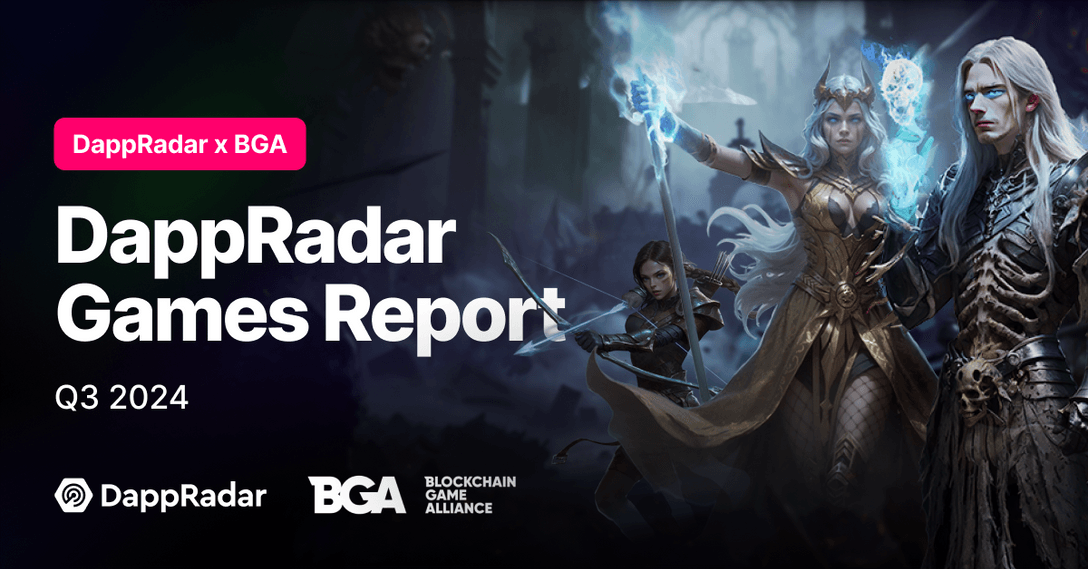The Hookup Critic
Your go-to source for honest reviews and tips on dating and relationships.
Level Up Your Reputation: How Crypto Gaming Players Earn Trust
Unlock the secrets of crypto gaming! Discover how players build trust and elevate their reputation in this exciting digital frontier.
Building Trust in Crypto Gaming: The Key Strategies for Players
Building trust in crypto gaming is essential for players seeking a safe and enjoyable experience. One of the first strategies to consider is the transparency of the gaming platform. Players should look for platforms that utilize blockchain technology, which allows for verifiable gameplay and trustless transactions. This technology ensures that all game outcomes are fair and can be audited, giving players confidence in their investments. Additionally, platforms that disclose their security measures, such as encryption protocols and regular security audits, can significantly enhance player trust.
Another vital strategy for fostering trust in crypto gaming is community engagement. Strong gaming communities often provide valuable insights and share experiences that new players can learn from. Participating in forums and social media groups related to the game can help players stay informed about potential scams or fraudulent platforms. Developers should also be active in these communities, addressing concerns and providing updates. Ultimately, a trustworthy platform not only prioritizes technological security but also fosters a welcoming environment where players feel valued and heard.

Counter-Strike is a popular first-person shooter game that has captivated gamers since its release. Players can engage in various modes and maps, showcasing their skills in tactical gameplay. For those looking to enhance their experience, using a clash promo code can provide valuable in-game rewards and bonuses.
Navigating the Blockchain: How Reputation Systems Work in Crypto Games
Navigating the Blockchain: In the realm of crypto games, reputation systems play a vital role in ensuring trust and fairness among players. These systems utilize the inherent transparency of blockchain technology to create immutable records of player behavior, which can then influence in-game rewards and interactions. Instead of random matchmaking or anonymous user profiles, players' histories are displayed through unique reputational scores, allowing for a dynamic and engaging gaming experience. For example, a player with a high reputation is more likely to receive better rewards or be trusted in collaborative gameplay, thereby fostering a sense of community and accountability.
Moreover, reputation systems often encompass various metrics that assess player conduct, including transaction history, gameplay performance, and even player interactions. By employing a transparent ranking mechanism, developers can incentivize positive behavior; players are encouraged to contribute constructively, whether by assisting newcomers or abiding by community standards. This system not only enhances player engagement but also mitigates issues such as cheating and toxic behavior, creating a healthier online ecosystem. As the world of crypto gaming continues to evolve, the effectiveness and intricacies of these reputation systems will likely become even more sophisticated, driving the future of digital interactions.
Why Reputation Matters: The Connection Between Trust and Success in Gaming Communities
In today's gaming communities, reputation plays a pivotal role in shaping the dynamics of interactions among players. A strong, positive reputation can lead to increased trust, fostering a welcoming environment where gamers feel safe to collaborate and compete. When players recognize each other by their reputations, they are more likely to engage in cooperative gameplay, join guilds, or share valuable resources, significantly enhancing the overall gaming experience. Conversely, a negative reputation can isolate individuals and hinder their success, creating a barrier to forming connections and advancing in their chosen games.
The connection between trust and success in gaming communities is further emphasized by various factors, such as player feedback and community endorsements. Gamers often rely on recommendations from peers when deciding whom to team up with or trust in trading scenarios. This interconnectedness highlights why managing one's reputation is crucial; a single act of poor behavior can tarnish an otherwise stellar image. Thus, maintaining a positive reputation not only boosts personal standing but also contributes to a more vibrant and cohesive gaming environment.